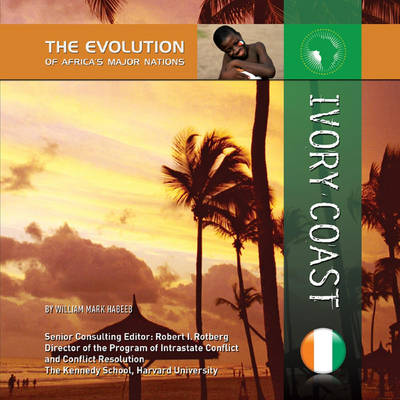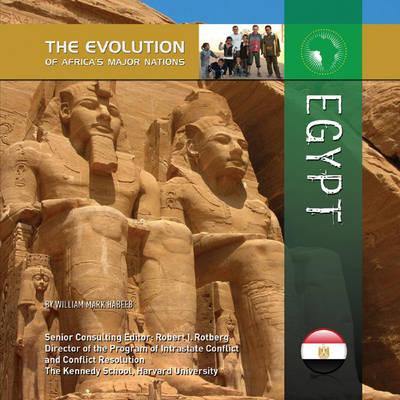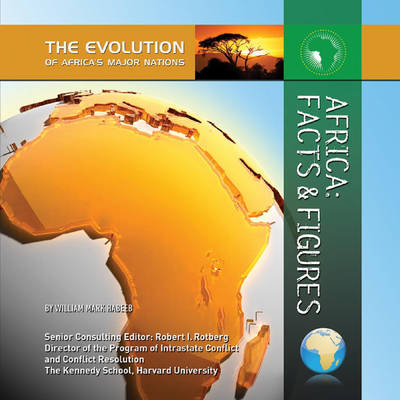The Evolution of Africa's Major Nations
3 total works
The name of the Ivory Coast (also known as Cote d'Ivoire) comes from its history; at one time, Europeans came to the region to hunt elephants for their valuable ivory. Today, the people of Ivory Coast are careful to preserve their country's ecology, which is rich in rare plants and wildlife. During the 1970s, the Ivory Coast was one of the wealthiest African countries, but in recent years the country's economy has suffered because it is subject to fluctuating market prices for its most important exports, such as cocoa and coffee. Although Ivory Coast was long considered one of the most stable states in West Africa, since 1999 it has been beset by internal political tensions. Like many African countries, the leaders of Ivory Coast must figure out how to create a fair and equitable society composed of citizens from various ethnic groups and religions.
The Egyptian civilization along the Nile River was one of the ancient world's earliest and most influential empires. From pyramids to mummies to hieroglyphs, the unique and mysterious lore of this region in northeastern Africa still engages the imagination. While much has changed over the centuries, Egypt remains a fascinating place. Traditionally, Egypt's moderate political stance in the Arab world has given the country a strategic place on the world stage and made it a stabilizing force in the Middle East. However, in 2011 Egypt underwent a revolution that ousted longtime president Hosni Mubarak from power. Today, Egypt faces political and economic uncertainty, as its newly elected government attempts to rule under the country's new constitution.
Africa, the world's second-largest continent, is home to more than 50 countries. Africa has valuable resources, from large reserves of oil to minerals such as diamonds and gold; as well as an incredible variety of wild animals, plants, and trees. From the bustling cities of Egypt to the warm grasslands of Kenya, Africa is filled with diverse cultures and peoples. Yet Africa is also a continent with many problems. African countries are among the world's poorest. Hunger is common, and jobs are rare. Many countries are torn by ongoing wars. Others are devastated by disease—it is estimated that nearly 10 percent of Africans are infected with the virus that causes AIDS, for example. Africa: Facts & Figures gives an overview of the natural features, history, economy, and cultures of this fascinating continent.


